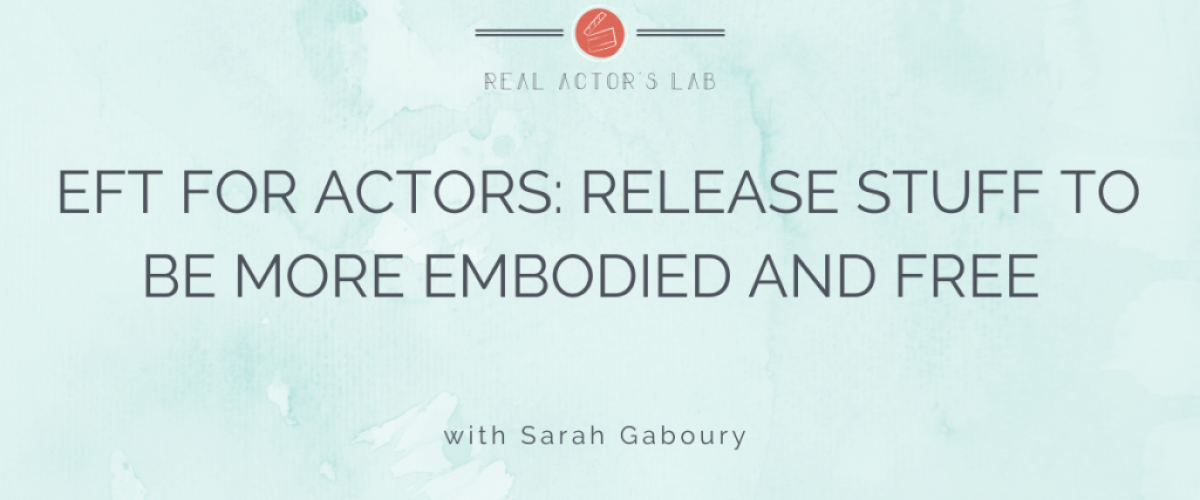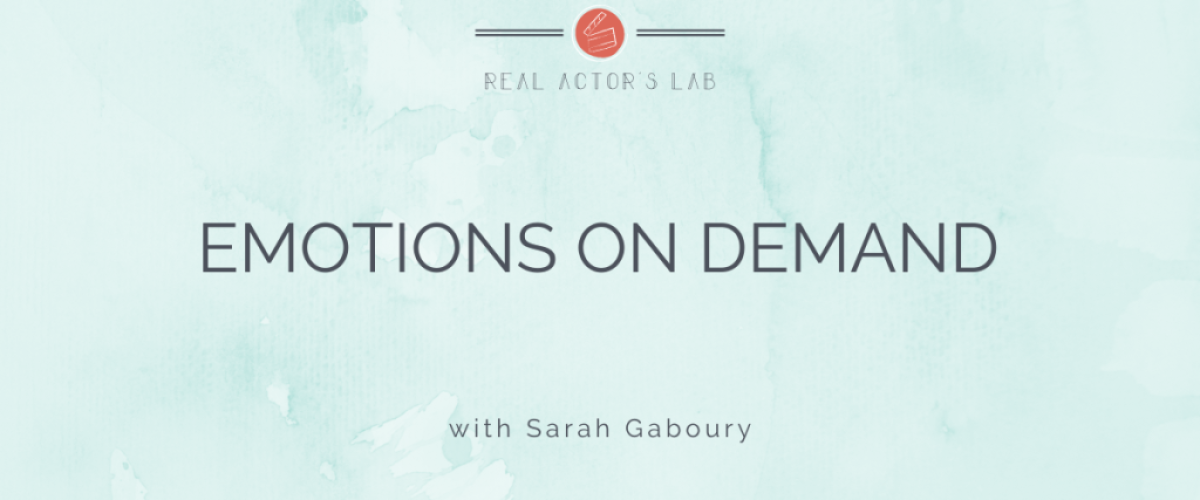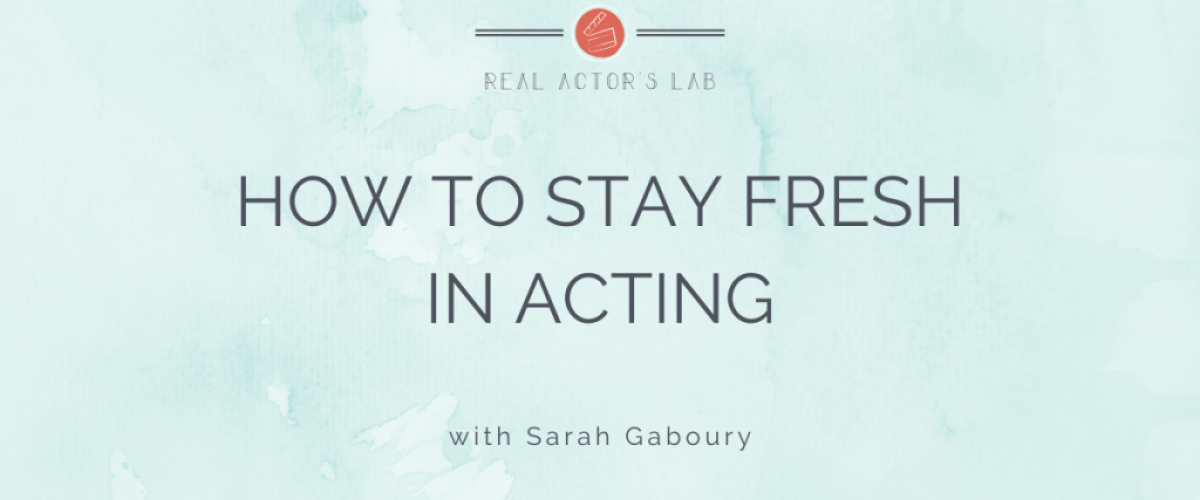Mark Rylance, Gardening, and the Big Free Fall
Letting your work go is one of the toughest parts of acting. It sounds almost like a magic trick. How will I remember my lines? Will I be able to stay active? Am I even acting anymore or am I just being myself and trying to sound natural?
Not only is it possible to let your work go, it is vital. But the truth is, contrary to popular opinion, you actually let go of your work without forgetting it.
The incredible actor/director Mark Rylance has a beautiful analogy about the rehearsal process which he says is like tending to a garden. You work the soil and plant the seeds and water and then you see what comes up– and there will undoubtedly be some surprises along the way.
It’s really the same with acting. After rehearsal you allow your work to bloom like a flower– and those the blooms may have colors and qualities you never anticipated. And just like how not every seed you plant will sprout, not every action or reaction you experimented with in rehearsal will always appear in every performance. But if you’ve tilled the soil enough, something beautiful will rise. And maybe even some unexpected “volunteers” will pop up, as we call them in my family, that will enrich each performance in exciting and nuanced ways.
CLASS CLIP TRANSCRIPTION
The theme is: learning to let your work go. And the difference between releasing your work and forgetting your work–And I don’t really think, you know sometimes coaches say that, and I’ve said that before as well: you’ve got to forget the work–But it’s not really true. You don’t really forget it.
I was listening to Mark Rylance talk about directing and I loved his—he has this garden analogy, talking about how you just, in rehearsal and in your preparation, you’re doing all of this–you’re working the soil and you’re planting the seeds and you’re watering and you’re doing all this stuff to take care of the garden. And then when you go to play the scene, a lot of seeds you planted are going to pop up, but there’s also going to be some surprises along the way, right? And you’re going to have some weeds up over here–and you’re going to have things that you planted that didn’t come up.
So I really love that analogy because it is so much like what it is–but it’s one of the hardest things, especially for us heady creatures, to really truly do that work, and then—do that work so that—you can free fall. And come into the scene and then the only thing you really have to do anymore is try to affect the other person and listen. And so, that’s the whole goal, when you freefall–when you let go–when when you release the work, you are now living through you, living the scene, and you don’t know what’s coming next. And so you do all this so that you can leave it alone and listen, listen like your life depends on it, let it affect you, boom.




